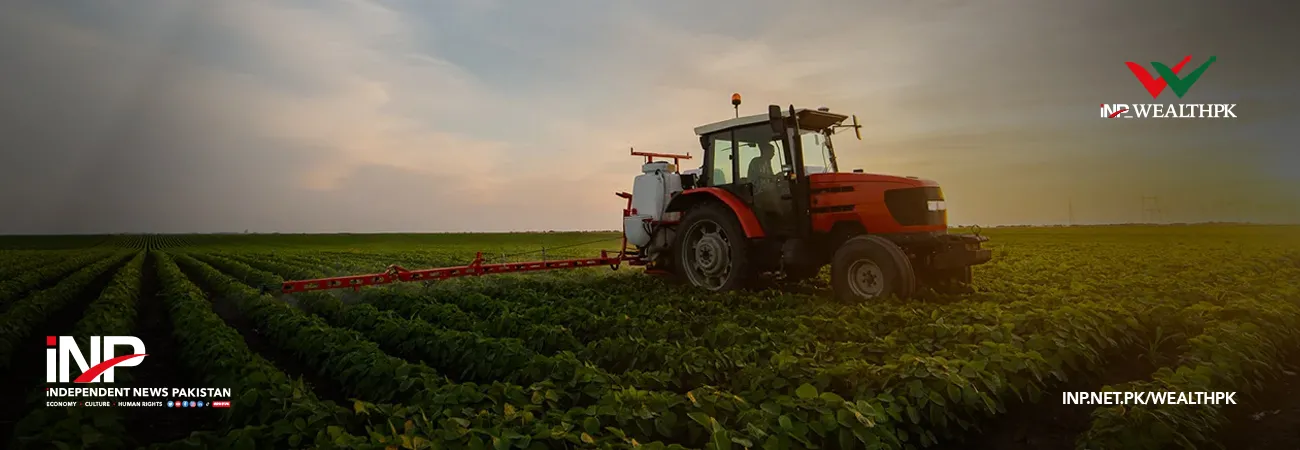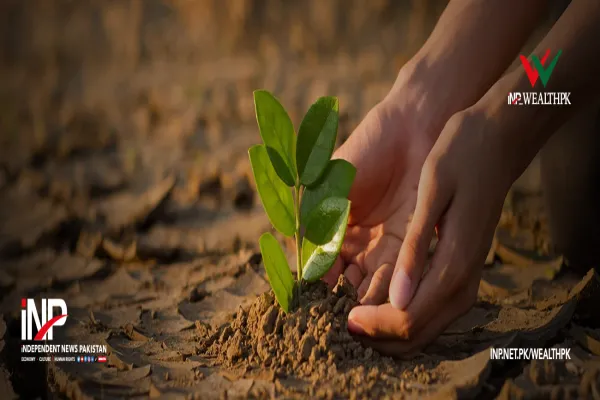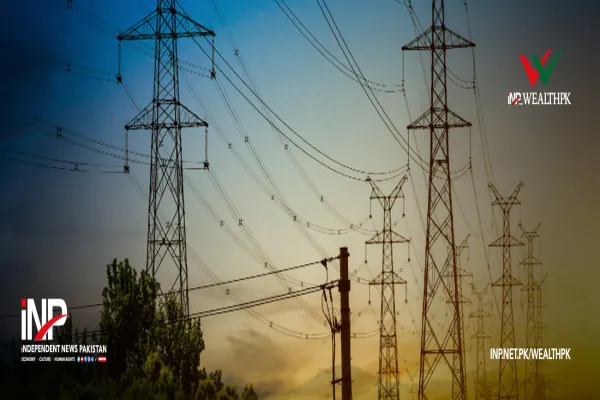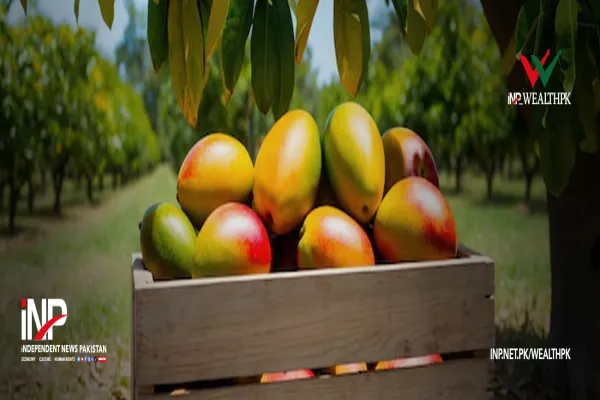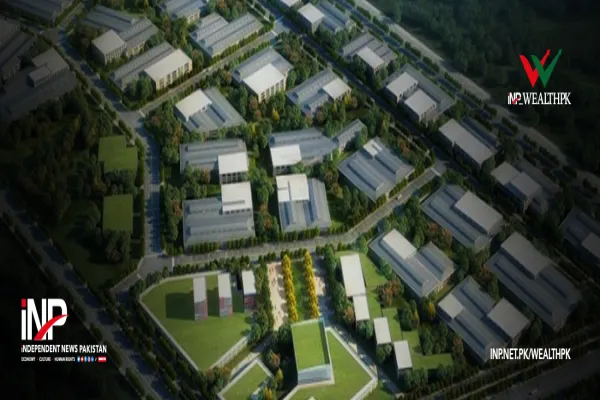i INP-WEALTHPK
Ahmed Khan Malik
The Sindh government has launched the Cluster Farming Development Project to transform the province’s agriculture sector by boosting productivity and ensuring sustainable farming practices, reports WealthPK.
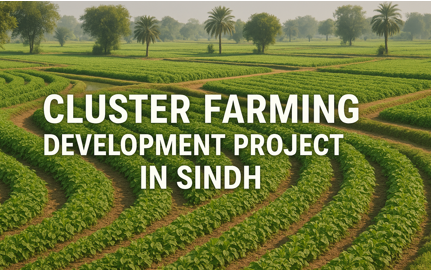
The project aims to empower smallholder farmers by promoting collective farming models, modern techniques, and improved infrastructure. Sindh, renowned for its fertile plains and rich agricultural heritage, makes a substantial contribution to Pakistan’s overall agricultural economy.
However, in recent years, fragmented landholdings, outdated farming methods, water shortages, and lack of access to modern markets have hampered the potential of farmers across the province. “The cluster farming approach is being introduced to directly address these challenges,” said Jan Brohi, Director of the Planning Department, in an exclusive interview with WealthPK.
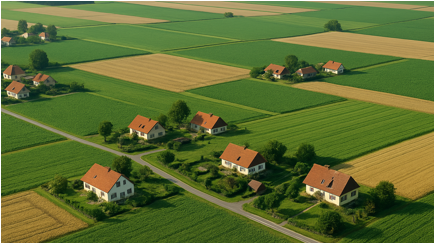
Under this initiative, the farmers will be grouped into clusters based on geographic proximity and crop suitability. Each cluster will consist of multiple small farms that collaborate to cultivate crops using uniform techniques, shared resources, and joint access to equipment, seeds, fertilizers, and irrigation systems. By pooling resources, the farmers can significantly reduce costs, improve yield quality, and increase bargaining power in the marketplace.
He pointed out that one of the key components of the project is the establishment of Farmer Facilitation Centers in each cluster. These centers will serve as hubs for training, information dissemination, and access to modern agricultural tools and inputs. Extension services will also be strengthened to guide the farmers about climate-resilient crops, pest management, and efficient water usage.
Brohi said the government had also pledged to improve rural infrastructure as part of the project. Farm-to-market roads will be upgraded to ensure quick transportation of perishable goods, reducing post-harvest losses. Additionally, cold storage facilities and value-added units are being planned within each cluster to enhance the shelf life of produce and enable farmers to fetch better prices in local and export markets.
He said the project is expected to focus initially on key crops such as wheat, rice, cotton, sugarcane, fruits, and vegetables, with plans to expand into livestock and fisheries in the later phases. Collaboration with national and international agricultural research institutes is also planned to ensure the adoption of global best practices.
He emphasized that the ultimate goal is to make agriculture a profitable and sustainable livelihood for the farmers in Sindh. By empowering them through education, innovation, and collective action, the Cluster Farming Development Project is poised to transform the province’s rural economy, he said.
He informed WealthPK that the initiative has received positive feedback from the farming communities, agricultural economists, and development partners. He believed that with proper implementation and monitoring, this model can not only uplift thousands of farmers but also enhance national food security and export potential.
Brohi said the Cluster Farming Development Project marks a significant milestone for agricultural reform in Sindh. By fostering collaboration, modernizing practices, and building market linkages, the project is set to unlock the full potential of Sindh’s agricultural sector and pave the way for a prosperous farming future.
Credit: INP-WealthPk


